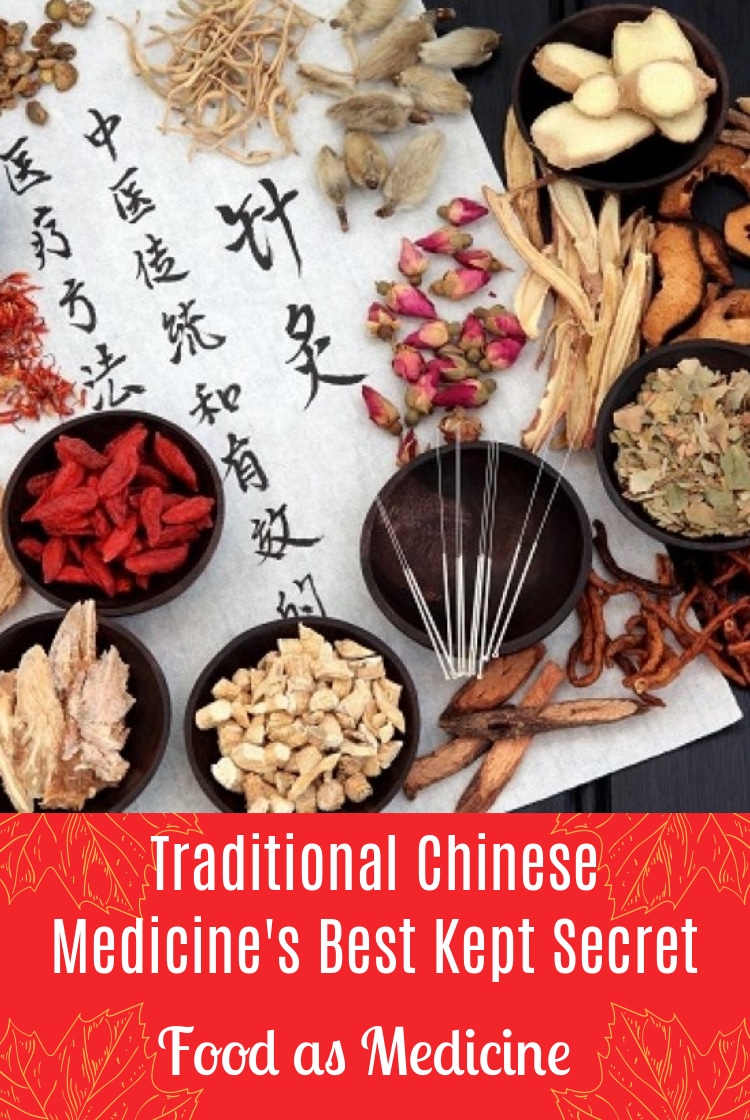
How to Treat Constipation with Traditional Chinese Medicine
Table of Contents
by Bill Schoenbart and Ellen Shefi
If you notice a sudden change in your bathroom habits, have to strain to move your bowels or feel uncomfortable even after you’ve attempted to have a bowel movement, you may be constipated. This happens when stools pass too slowly through your intestines.
Constipation can have many causes, including not getting enough fluids, dietary fiber, or physical activity; not going to the bathroom when you feel the urge; use of certain drugs; and overuse of laxative. Constipation is also related to some serious health conditions such as depression, hyperthyroidism, and colon cancer.
Constipation Caused by Excess Patterns of Disharmony
A number of patterns of disharmony, both excess and deficiency, can cause constipation. The excess patterns are excess heat and qi stagnation. When exterior heat penetrates into the interior, it can affect the large intestine, with symptoms of high fever, thirst, and sweating. The pulse is full and rapid, and the tongue is red with a yellow coat. In this case, herbs are selected that have a cooling, purgative effect such as rhubarb root (da huang). A simple but effective formula for this condition is Xiao Cheng Qi Tang (“Less Drastic Purgative Decoction”). The patent formula, Peach Kernel Pills, is an effective remedy for less severe cases of constipation due to excess heat.
Constipation due to stagnant qi typically gets worse when the person is under stress. In this case, herbs are given that relax stuck qi and restore intestinal function. A good combination of patent medicines to take for this pattern is Xiao Yao Wan and Mu Xiang Shun Qi Wan.
Constipation Caused by Deficiency Patterns of Disharmony
A deficiency of qi, blood, yin, or yang can also cause constipation. When qi is deficient, the person does not have the energy to move the bowels and often feels exhausted after trying. A person with this condition has a pale face and tongue and may break into a sweat while defecating. A good patent remedy for this condition is Shen Qi Da Bu Wan, which contains qi tonics such as Astragalus (huang qi) and Codonopsis (dang shen). Cannabis seeds (huo ma ren) are a good addition, since they are a nourishing, lubricating laxative. They are now available in health food stores in the form of hemp seed oil.
If yang is also deficient, the person feels cold and may have low back pain. In this case, the formula should also contain Cistanches (rou cong rong); the patient should eat walnuts (hu tao ren), a lubricating yang tonic.
If yin deficiency is the underlying cause, the person has small, hard, dry stools, thirst, night sweats, and a red tongue with little or no coating. The patent medicine Rehmannia Teapills with the addition of some hemp seed oil is appropriate in this pattern.
Treating Constipation with Acupuncture
Acute constipation is relatively easy to resolve with one or two acupuncture treatments and herbal laxatives. The most important acupuncture point for this condition is Stomach 25 (“Heaven’s Axis”), located on either side of the navel.
Treatment Planning for Constipation
Depending on the severity of the constipation, herbal laxatives ranging in strengths from mild lubricants to strong purgatives can usually bring relief within a day. Chronic constipation is typically due to a deficiency in one of the vital substances, making tonifying herbs the treatment of choice. The herbs and acupuncture points are selected according to which vital substance needs to be nourished. Fully correcting the imbalance can take anywhere from a few days to a few months, with a weekly acupuncture treatment acting to keep qi flowing through the intestines.
ABOUT THE AUTHORS:
Bill Schoenbart has been practicing traditional Chinese medicine (TCM) since 1991, when he earned a Masters degree in TCM. He teaches TCM medical theory and herbalism at an acupuncture school in California, and also maintains a clinical practice.
Ellen Shefi is a licensed massage technician, licensed acupuncturist, and registered dietician. She is a member of the American Association of Acupuncture and Oriental Medicine, the American Herb Association, and the Oregon Acupuncture Association.






